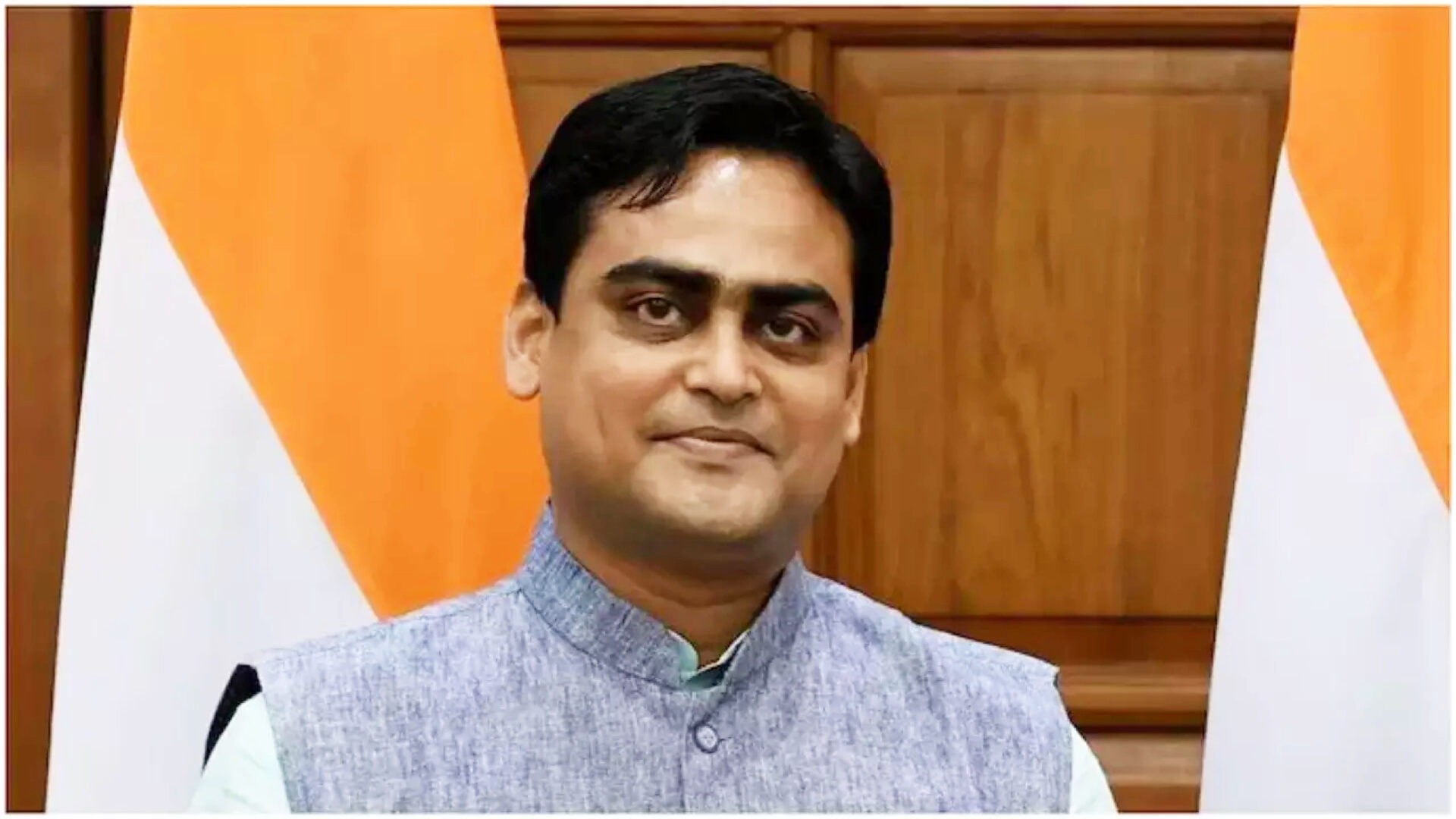NEW DELHI: Union Minister of State for the Ministry of Ports, Shipping, and Waterways Shantanu Thakur is focusing on optimising the extensive network of navigable waterways and focusing on the development and utilisation of port infrastructure in the eastern region, particularly in Bengal. In an exclusive interview with The Sunday Guardian, Member of Parliament from West Bengal’s Bangaon Parliamentary constituency
Q: What are your plans for your second term as Minister of State for ports, shipping, and waterways?
A: We have received the work plans for the next 100 days and the action plan for the next 5 years, and we will operate according to these plans. Our department consists of three key sections: ports, shipping, and waterways, and we intend to focus diligently on each area. Ports are especially significant. Had we prioritised port development earlier, India could have advanced more quickly. However, I am confident that under the leadership of Prime Minister Narendra Modi, we can still achieve this goal. To achieve the dream of a developed India, we must enhance our ports since they handle 70% of the country’s trade. This development is crucial for better industrialization and connectivity. If we focus on these areas, ports will become vital channels for progress. I believe that by 2047, we can achieve the vision of a developed India, with ports playing a critical role in this transformation.
Q: What progress have you made in Bengal during your previous term in office, and what projects remain unfinished?
A: Several projects have been initiated in Bengal, including the Rs 2,000-crore dredging operation to improve the navigability of inland waterways. We have also embarked on modernising local gates, establishing multi-modal terminals, and implementing roll-on/roll-off services to enhance river transport and infrastructure development in border areas. Currently, dredging work continues at 700 to 800 km, with an expenditure of approximately Rs 500 crore already being spent. Additionally, the introduction of the Ganga Vilas has helped us establish strong relations with Bangladesh.
Q: Does the state government or the Chief Minister of Bengal provide any assistance to you?
A: We have not received any support from the state government or the Bengal Chief Minister. Despite writing several letters and attempting to contact her personally, there has been no response. Although the state government is undertaking some work, such as river erosion protection, overall progress is fine. We aimed to connect border cities like Bashirhat and Bangaon with bridges to develop border areas, but this has not been achieved. We have not received the necessary NOC from the state government, and their proposed budget is excessively high, which has prevented us from proceeding with the project.
Q: What is your perspective on senior leaders in Bengal who have voiced criticism of the state’s leadership and organisational functioning?
A: I will refrain from commenting on this matter as it pertains to the organisation, and since I am also a part of it, I prefer not to comment on its functioning.
Q: How would you summarise the outcome of the BJP’s mandate in Bengal?
A: Some mistakes must have occurred, leading to a reduction in our seats. The party will reassess its strategies and address the concerns highlighted by the Bengal results more effectively in the future.
Q: What is your response to the continuous allegations by TMC that the BJP is not focusing on development in Bengal?
A: It’s part of politics; they will criticise us regardless of the development work we have done. This will only stop when we secure a majority mandate in the state. Therefore, I am not concerned about these unfounded criticisms.

